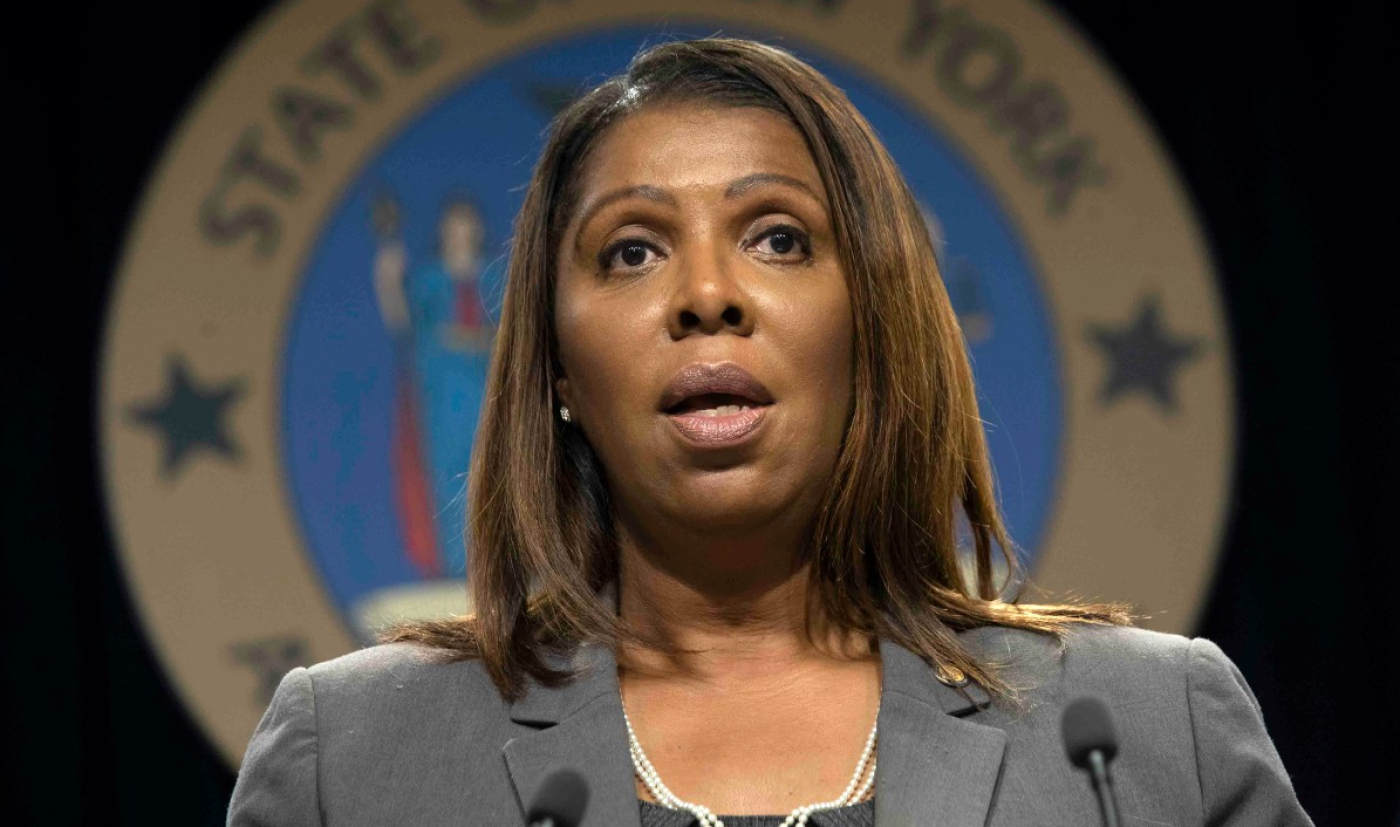In a dramatic series of political maneuvers, former President Donald Trump has announced plans to strip several high-ranking Democrats of their security clearances—a move that has sent shockwaves through Washington. This unprecedented decision targets key figures in the current administration and appears designed to punish those aligned with policies Trump vehemently opposes.
Among those slated to lose clearance is Secretary of State Anthony Blinken, who once supported a letter signed by 51 former intelligence officials. This letter falsely labeled the Hunter Biden laptop story as Russian disinformation during the 2020 election, a claim that now seems to have provoked a severe response from Trump. The New York Post quoted him dismissively remarking, “Bad guy. Take away his passes.”
Other prominent figures reportedly affected by this action include former national security adviser Jake Sullivan, ex-deputy Attorney General Lisa Monaco, as well as attorneys Andrew Weismann, Mark Zaid, and Norm Eisen. According to reports, Trump is determined to target anyone he deems untrustworthy or aligned with a political agenda that undermines his vision for national security.
In a further escalation, Trump has also declared that Democratic New York Attorney General Letitia James and Manhattan District Attorney Alvin Bragg will be banned from accessing classified information or entering federal buildings. “This is to take away every right they have,” Trump stated, emphasizing that this step would effectively bar them from any federal premises. Such measures underscore his intent to weaken the influence of political opponents through the control of classified information.
The former president’s actions are part of a broader campaign he recently launched on his Truth Social platform. Earlier, he announced that he was halting daily intelligence briefings for President Joe Biden, citing concerns over the current president’s mental acuity. “There is no need for Joe Biden to continue receiving access to classified information,” Trump declared. He went on to announce the immediate revocation of Biden’s security clearances—a reversal that mirrors his own earlier experience when he was stripped of similar privileges by the incumbent administration.
In his pointed message, Trump recalled a precedent set in 2021 when President Biden had limited his access to national security details. “He set this precedent by instructing the Intelligence Community to stop the 45th President of the United States from accessing sensitive information,” Trump recalled, adding that such actions compromised national safety. His remarks continued with a forceful denunciation of Biden’s trustworthiness: “I don’t trust him. He’s not worthy of trust … To safeguard national security, decisive measures must be taken.”
Beyond the realm of security clearances, Trump’s latest pronouncements have extended into other controversial territories. Addressing immigration issues, he remarked on Prince Harry’s situation in Washington, D.C. Despite ongoing challenges to the Duke of Sussex’s visa status—claims that he may have concealed past illegal drug use—Trump stated he had no intention of deporting him. “I don’t want to do that. I’ll leave him alone,” Trump said, adding a jab at Prince Harry’s estranged wife, Meghan Markle, whose conduct he criticized harshly. Instead, he praised Prince William, whom he described as “a great young man,” after meeting him at the reopening of Notre Dame Cathedral in Paris.
Throughout his announcements, Trump’s rhetoric remains unabashedly blunt. His comments, laced with trademark bravado, are clearly aimed at galvanizing his supporters while rattling his political adversaries. Critics argue that such measures could further deepen the partisan divide, but Trump appears undeterred. He insists that revoking security clearances is a necessary step to protect national interests and hold public officials accountable.
As the fallout from these decisions continues to unfold, political analysts are closely watching the implications for both national security and the broader political landscape. While some hail Trump’s actions as a bold reclaiming of power, others warn that they risk destabilizing the delicate balance of governmental authority. Regardless of one’s perspective, the events of the past few days mark a pivotal moment in American politics—one that promises to reshape the dynamics of power and accountability in the years to come.

